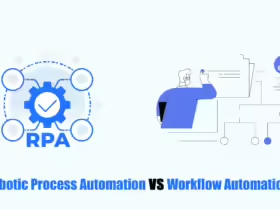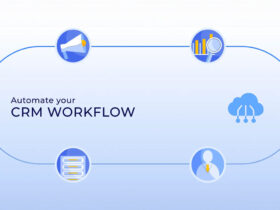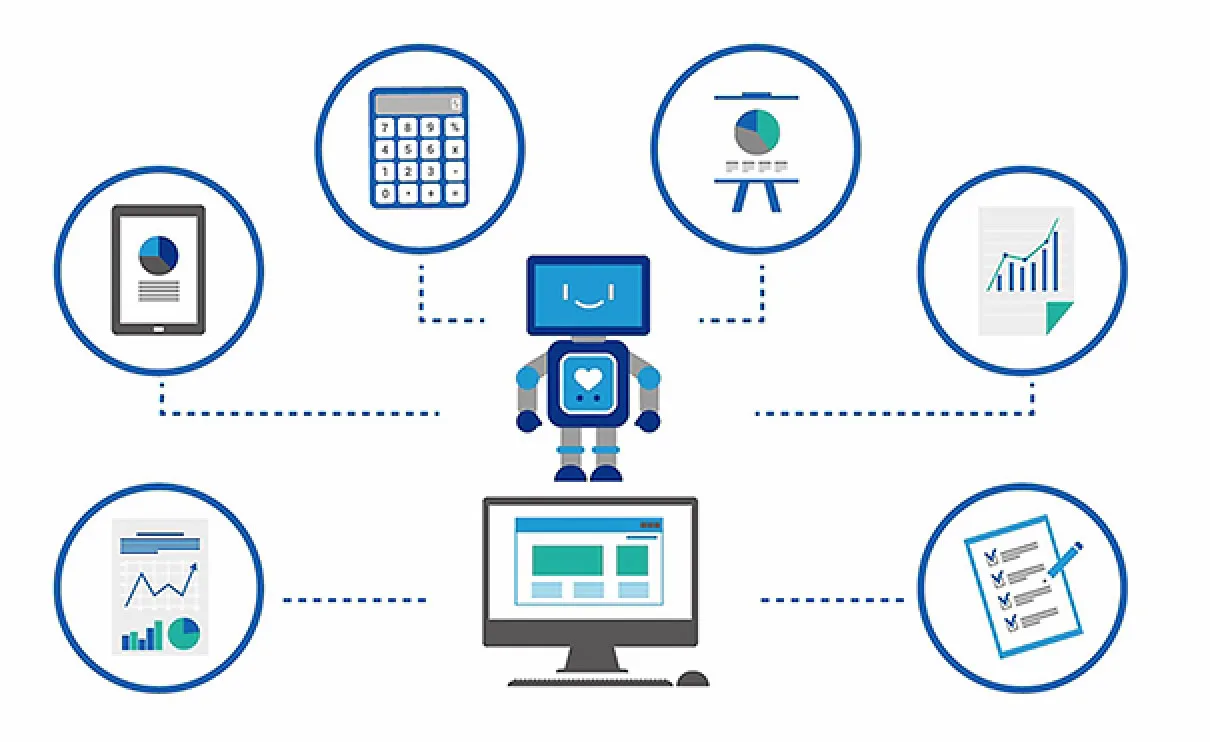Do you know Performance improvement plan employee rights?. You may hear the phrase “PIP an employee out”. So what does it mean?
To maintain high productivity and drive business growth, employee performance management is one of the most important parts. When an employee’s performance is unsatisfactory, a performance improvement plan (PIP) is a common tool that companies use.
So what exactly is PIP? Is it simply a way to manage and improve employee performance or can it be used for evil purposes?
Let’s find out how PIP works, the benefits and what employees need to know if they are placed on PIP.
What is a Performance Improvement Plan (PIP)?
A performance improvement plan (PIP) is a formal process that companies use to help employees improve their performance. The plan can outline specific areas for improvement, set clear and measurable goals, and provide specific timelines for achieving those improvements.

When implemented effectively by businesses, PIP can help employees improve their performance and meet company expectations.
Here’s what a typical PIP might include:
- Clearly explain performance issues, referencing company policy or the employee’s job description.
- Goals are specific, measurable, and achievable, such as reaching a certain sales target or improving communication response times.
- Specific time frame, typically lasting 30 to 90 days, depending on performance issues.
- Evaluate progress regularly to provide appropriate feedback, support, and solutions to employees throughout the improvement process.
It would be best if the business could create a PIP in partnership with the employee and with the primary goal of helping them succeed, not terminating their employment.
However, many employees view PIP with suspicion, often concerned that it is just a formality and a signal for dismissal. For PIP to be successful, both employers and employees need to approach the process in a spirit of transparency and collaboration.
What Should Employees Know about the PIP?
Using a Performance Improvement Plan (PIP) in the workplace can cause stress for employees. But you must know that PIP does not always mean you are about to be fired. In fact, this is a good opportunity to improve your performance correctly.
Here are some important things to keep in mind if you are assigned a PIP:
- Understand what is expected: Read the PIP carefully. The PIP should clearly explain which areas need improvement and set realistic and easily measurable goals. A good PIP will specifically state what you need to achieve, by when, and by what metrics.
- Know your rights: Although you can generally be fired, you cannot be fired unfairly or without just cause. The PIP must be fair and your employer must give you enough time and resources to improve your productivity. If you think your PIP is unfair or discriminatory, you can talk to your human resources department or seek legal advice.
- Ask questions: If anything in the PIP is unclear or seems impossible, don’t be afraid to ask your employer and manager for clarification. Talking openly with them can help prevent misunderstandings and ensure everyone is on the same page.
- Be proactive: Instead of getting discouraged and giving up, see PIP as an opportunity for improvement and good will. Participate actively in feedback meetings and keep records of what you are doing to improve. This can help protect you if your employer later tries to use PIP to fire you.

How Can Employees Respond to the PIP?
If an employee is placed on a Performance Improvement Plan (PIP), they typically have three options: complete the plan and do well, request a review of the plan, or say they will not participate. Each choice has its own advantages and disadvantages.
Completing
If an employee successfully completes the performance goals set out in their PIP, they will typically return to regular work. This can be a good way to rebuild trust between employees and their employers.
However, you should not be subjective and must continue to work well to achieve long-term success at the company.
Appealing
If you think your PIP is unfair or based on factually incorrect information, you can appeal. Most companies have their own rules regarding appeals. Employees can also get help from the provincial employment standards office or even speak to an employment lawyer.
To guard against risk, you must keep clear records of your work and all communications throughout the process if you want your appeal to be successful.
Refusing
In all situations, refusing to participate in PIP is the most serious, as it can subject you to disciplinary measures and even termination of employment. However, employees should carefully consider whether a PIP is reasonable and fair before refusing.
You should seek advice from legal counsel or a union representative before making a decision to refuse. Please note that PIP denial may affect severance pay or eligibility for employment insurance benefits.
What are Potential Risks of PIPs?
PIPs are essentially a positive tool to retain valuable employees and address performance issues, but they can sometimes be abused. In some companies, PIP is sometimes abused to unfairly target employees due to discrimination or personal conflicts with managers.
Some employers use PIP to fire someone, especially if they want to avoid having to pay back severance contracts or deal with wrongful termination lawsuits. That is the reason for the popularity of the phrase “Putting someone out” and it means keeping the employee from completing the PIP by setting unrealistic goals or not providing the resources they need. need.
Here are some examples of misuse:
- Giving PIPs without ever talking to the employee about their performance beforehand, either verbally or in writing.
- Set goals that are too high and unattainable.
- Using PIP as an excuse to fire older or more experienced employees may be age discrimination.
Canadian employment laws in every province protect employees from unfair dismissal. If you think your PIP is being abused, talk to an employment lawyer or contact your province’s Ministry of Labor to learn about your rights.
Conclusion
PIP is intended to provide employees with a specific process to overcome problems in their work and align with what the company expects. When used properly, they can help employees develop and improve their overall performance.
However, it is important that both the employer and employee are honest and open throughout the entire process so that everything proceeds as it should.
For employees, it is really important to know Performance improvement plan employee rights and take action to correct any performance issues to successfully pass the PIP. For employers, using PIP fairly and following labor rules can minimize problems and create a better working environment.









